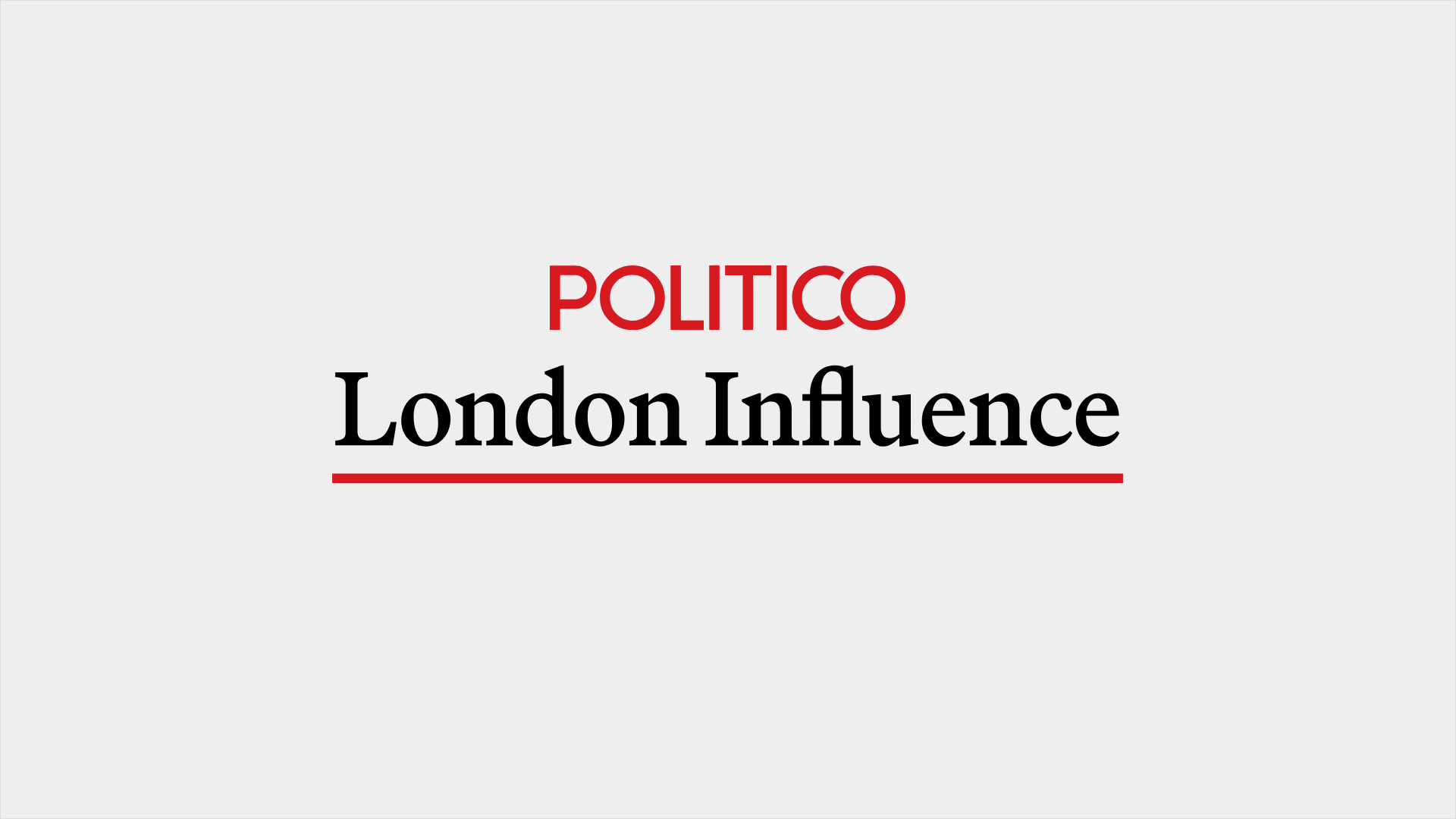Politics
UK Government Pursues Major Reform in Ethics and Election Oversight

The UK government announced significant reforms aimed at overhauling its ethical standards and election regulations, responding to longstanding criticisms regarding transparency and accountability. Key developments include the establishment of the new Ethics and Integrity Commission (EIC), which will replace the existing Committee on Standards in Public Life (CSPL). The EIC is set to launch in October 2023 and will be led by the current CSPL chair, Doug Chalmers.
The EIC’s primary role will be to coordinate various Westminster regulatory bodies and develop clearer codes of conduct aimed at enhancing public understanding of the ethical framework. An annual report will be submitted to the Prime Minister, outlining the overall health of the standards system. This move comes after a period of near silence on ethical reforms from the government.
Acknowledgment of the reforms has been met with cautious optimism from transparency advocates. Sue Hawley, executive director of the campaign group Spotlight on Corruption, noted the lack of proper accountability measures in the proposed changes. She expressed concern that the EIC will report directly to the Prime Minister rather than Parliament, which could undermine its independence.
Campaigners are also wary of the process for selecting the EIC chair, fearing it may not align with the government’s stated commitment to independence. The selection process appears to allow ministers to have the final say, raising questions about the integrity of the commission. Rose Whiffen, a senior research officer at Transparency International UK, pointed out that while the reforms are a step forward, they miss an opportunity to address weaknesses in other regulatory bodies, particularly the lobbying registrar.
The government has also introduced financial sanctions for breaches of conduct in Westminster. Under the new rules, ministers found guilty of serious violations will forfeit their severance pay. This applies to those who commit egregious breaches of the ministerial code, with the final determination still resting with the Prime Minister. Additionally, any ministers who serve less than six months will lose their severance pay, a measure aimed at curbing excessive taxpayer-funded payouts.
One of the more controversial aspects of the reforms is the abolition of the Advisory Committee on Business Appointments (ACOBA), a body criticized for lacking enforcement power. The government has stated that ACOBA had become a “toothless” regulator, and oversight of outside roles for senior civil servants will now fall under the jurisdiction of the civil service commission. Former ministers’ appointments will be scrutinized by the Prime Minister’s independent adviser on ministerial standards.
Despite these changes, there remains ambiguity regarding the definition of “serious” breaches of the revolving door rules. Concerns have been raised about the lack of clarity in enforcement and the potential for fragmentation of oversight responsibilities. Critics argue that the new structure could lead to a two-tier system, undermining the goal of a unified approach to ethical standards.
The reforms come as the UK government faces scrutiny over its handling of lobbying activities. A recent investigation revealed a substantial lobbying campaign by Anduril, a U.S. weapons technology firm seeking lucrative contracts in the UK. The firm has reportedly conducted 19 meetings with government officials since 2023, including discussions on how to position itself as a British entity to secure contracts.
As the government navigates these significant changes, the effectiveness of the new measures remains to be seen. Transparency advocates continue to express concerns that the reforms may not address the core issues of accountability and oversight, leaving the system vulnerable to future manipulation by political actors.
In summary, the UK government’s reform efforts aim to enhance the ethical framework surrounding public service, but critics warn they may fall short of establishing a robust and independent oversight mechanism. The final outcomes of these changes will likely unfold over the coming months, as the government implements the new structures and policies.
-

 Top Stories3 months ago
Top Stories3 months agoTributes Surge for 9-Year-Old Leon Briody After Cancer Battle
-

 Entertainment4 months ago
Entertainment4 months agoAimee Osbourne Joins Family for Emotional Tribute to Ozzy
-

 Politics4 months ago
Politics4 months agoDanny Healy-Rae Considers Complaint After Altercation with Garda
-

 Top Stories4 months ago
Top Stories4 months agoIreland Enjoys Summer Heat as Hurricane Erin Approaches Atlantic
-

 World5 months ago
World5 months agoHawaii Commemorates 80 Years Since Hiroshima Bombing with Ceremony
-

 Top Stories3 months ago
Top Stories3 months agoNewcastle West Woman Patricia Foley Found Safe After Urgent Search
-

 Top Stories5 months ago
Top Stories5 months agoFianna Fáil TDs Urgently Consider Maire Geoghegan-Quinn for Presidency
-

 World5 months ago
World5 months agoCouple Convicted of Murdering Two-Year-Old Grandson in Wales
-

 World5 months ago
World5 months agoGaza Aid Distribution Tragedy: 20 Killed Amid Ongoing Violence
-

 Top Stories4 months ago
Top Stories4 months agoClimbing Errigal: A Must-Do Summer Adventure in Donegal
-

 World5 months ago
World5 months agoAristocrat Constance Marten and Partner Convicted of Infant Murder
-

 Top Stories4 months ago
Top Stories4 months agoHike Donegal’s Errigal Mountain NOW for Unforgettable Summer Views









